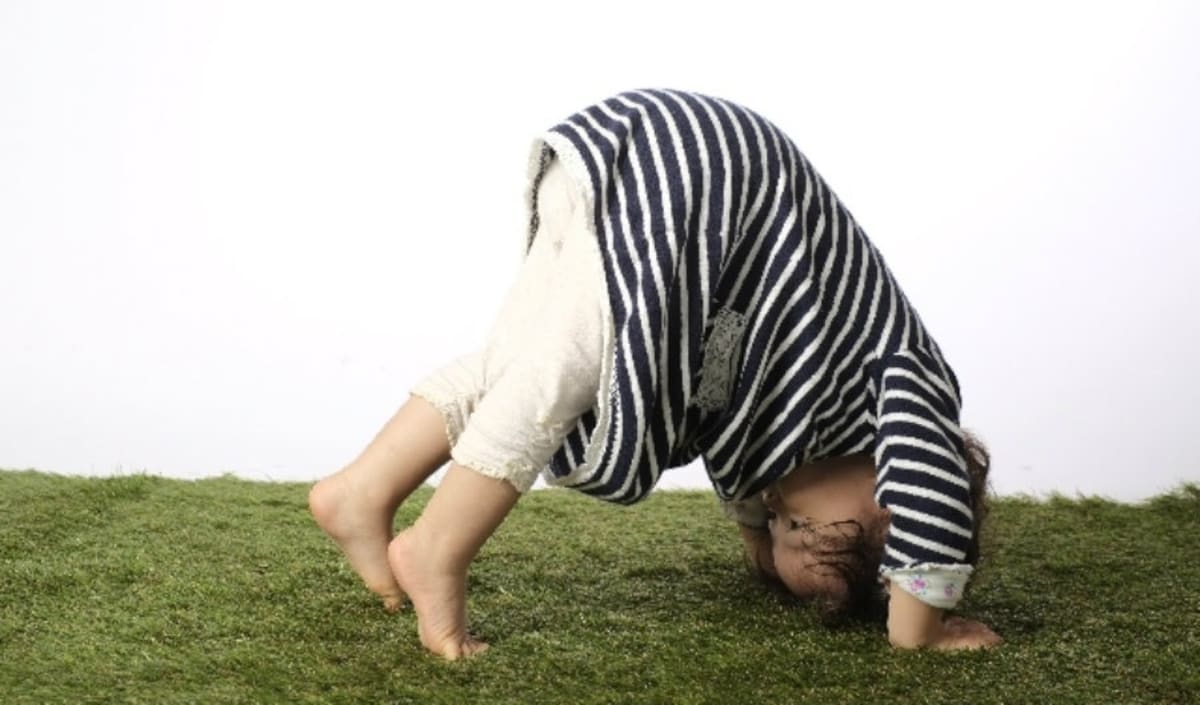Teaching English in a Japanese Nursery School
Japanese nursery schools, or hoikuen (保育園), are day-care centers that take care of children while their parents are at work. Both public and private options are available, accepting kids from less than a year old to elementary school age (6 years old).
For the older kids, hoikuen services are very similar to kindergarten, or yochien (幼稚園). The only real difference is administrative: while hoikuen are officially beholden to the Ministry of Health, Labour and Welfare, yochien generally follow guidelines from the Ministry of Education, Culture, Sports, Science and Technology (MEXT). But the actual educational content tends to be very similar, so the enrollment choice of hoikuen versus youchien for older kids is largely down to nothing more than when parents expect to be able to pick up their children—and even then, many kindergartens now offer extended hours in any event, though they tend to require an additional fee.
For the younger kids in nursery school, education is a great competitive selling point. And with English lessons now a compulsory part of elementary school education in Japan, parents are eager to get the English ball rolling by enrolling their kids in nursery schools with English courses available.
Nursery school teaching can be a lot of fun for English teachers, but also requires you to be on the ball! Preschool kids usually have a limited attention span, and the older ones will need to be active pretty much all the time. Regularly changing activities will be vital in avoiding boredom in the class. Songs that have fun actions, such as "London Bridge," are especially great to keep the kids involved, and don't require detailed instructions that might cause confusion.
As nursery school classes tend to be much smaller than kindergartens, class size will also play a big part in the lesson. Circle games are often a good option, as they allow the children to stay in one place and focus on the task at hand. At this age, simple words such as colors, numbers, weather and animals typically work well.
For the smallest kids, the lesson will be all about listening, while the older ones will be more ready to repeat. If you have a mixed group, clap and repeat games are fun activities that allow younger kids to participate in the clapping while the older ones can repeat the words as well.
You may also end up joining your kids for fun trips to nearby parks on days with good weather, which means lots of playing outside in the open air!



